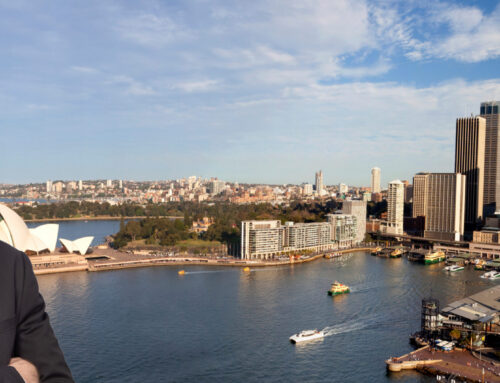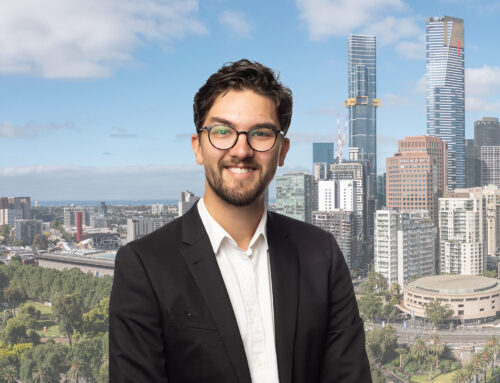5 March 2021
NDY is committed to challenging and calling out gender bias, discrimination and stereotyping alongside developing inclusive behaviours. We believe that we all have a role in achieving gender parity, so we proactively #ChooseToChallenge in order to encourage change.
To mark IWD 2021 our Sydney and Melbourne teams hosted unique hybrid event on Thursday 4 March 2021, celebrating the official 2021 IWD theme of #ChooseToChallenge whilst exploring how Australia is Bringing our Cities Back to Life following the challenges associated with the global pandemic. Importantly, we heard from the women who are playing an integral role in leading this process including the Lord Mayor of Melbourne, Sally Capp; Government Architect of NSW, Abbie Galvin; Dean Faculty of Architecture, Building and Planning, University of Melbourne, Professor Julie Willis; and NDY Senior Engineer and 2020 David Norman Young Engineer of the Year Melanie Finch.
Our team took away a number of key points from the lively discussion:
Equality for All
IWD isn’t just about improving the prospects of women, it’s about creating equality for all genders. The pandemic has shown that when men are given permission to prioritise caring responsibilities they will take the opportunity, creating a fairer work life balance for both men and women.
‘Finally flexible working has been normalised…I’ve been working for four decades and we’ve been talking about flexible working policies and arrangements all of that time and Covid really accelerated everybody being enabled to work flexibly and for it to become normal. Blokes are doing it as well…so we really need to grab and harness that silver lining of of understanding that we can all share those responsibilities’.
Sally Capp, Lord Mayor of Melbourne, The City of Melbourne
Spaces are Important
As we begin returning to our workplaces after lockdowns an unequal playing field is likely to emerge. The workplace now has to compete with the comforts of home, including the reduction in ‘wasted’ time committed to commuting to the workplace. The physical workplace will be less about sitting at a desk and more about connecting, collaborating and innovating with our colleagues in person. Employers occupying B and C Grade spaces will likely struggle to draw their staff back to the office with the knock-on effect being difficulty attracting and retaining talent.
‘Just as we think of our cities as experiential environments in the same way we need to think of our offices as something more than just a mere transaction. If I go into the office I’m not actually going in to sit at my computer, I’m going into the office to engage with people in a different way. ..I think that businesses are going to have to work much, much harder on what they offer in an office. I think there’s going to be a real separation between the quality of work environments – those that are very high quality, people are going to be drawn back into, so it’s going to pressure on the ones that are not. I think we need to be really carefully looking at our B and C grade buildings and looking at how we can incentivise their upgrades and their use’.
Abbie Galvin, Government Architect of NSW, NSW Department of Planning, Industry & Environment
Our Young People Have Been Impacted Differently
In professional roles graduates and those early in their careers, lockdowns and remote working initiatives have had an impact on the learning they would have normally achieved through osmosis. In the observing of their mentors and seniors, young people learn many of the soft skills required to be successful in their careers. Managers are now going to have to develop strategies to help their younger staff catch up on the learning they’ve missed in the past year as well as strategies to help them keep up as flexible working becomes normalised.
‘Those who started their careers last year didn’t have those same opportunities to develop relationships and mentorships…to get that full support that you really need at the start. I think that’s really important when we’re talking about industries where women are typically underrepresented.’
Melanie Finch, Senior Engineer, NDY
Be Fearless
#choosetochallenge is difficult to achieve without a level of fearlessness. Will I lose my job if I challenge the status quo? Will I lose my home? Or my friends? In most cases no. Putting the risks into context can help us all be braver in calling out things that we see as being wrong or unfair.
‘Confidence is absolutely key, women are encultured to not really have confidence in lots of situations. Not being afraid is a really good starting place and it’s well worth examining the things that you are fearful of and going “and why am I fearful?”‘
Professor Julie Willis, The University of Melbourne
Watch the video of the full panel discussion below.









